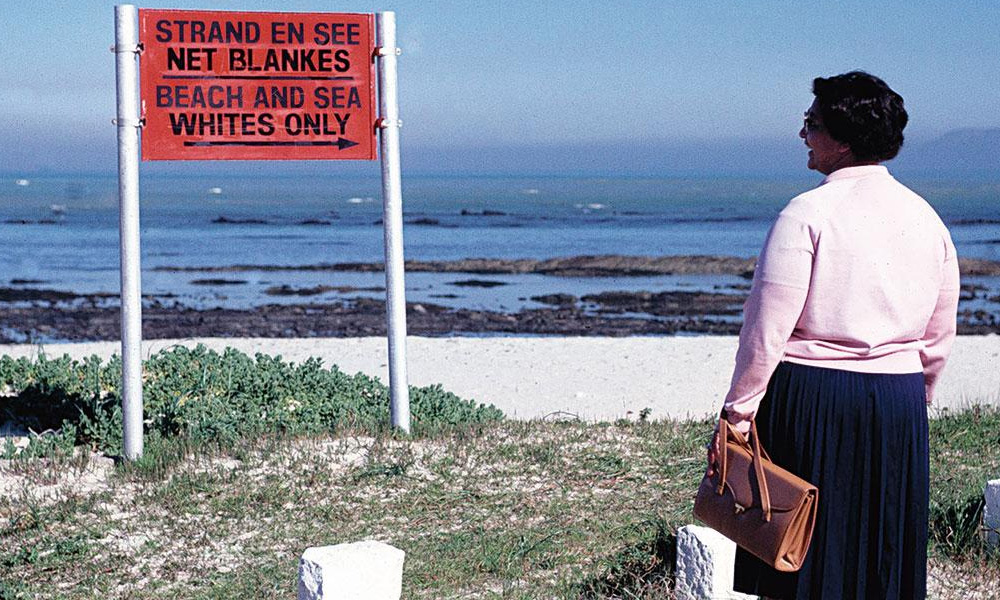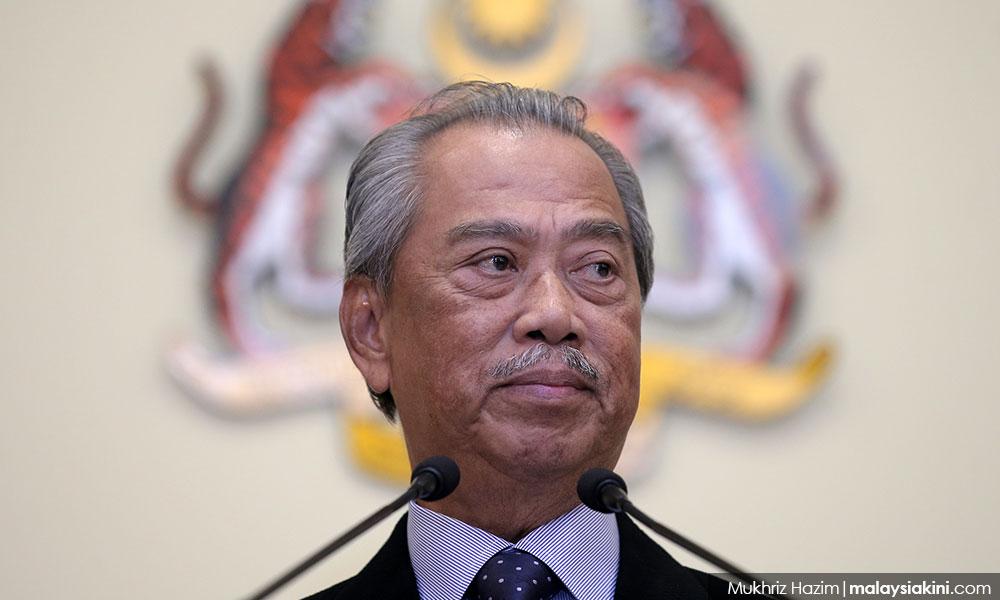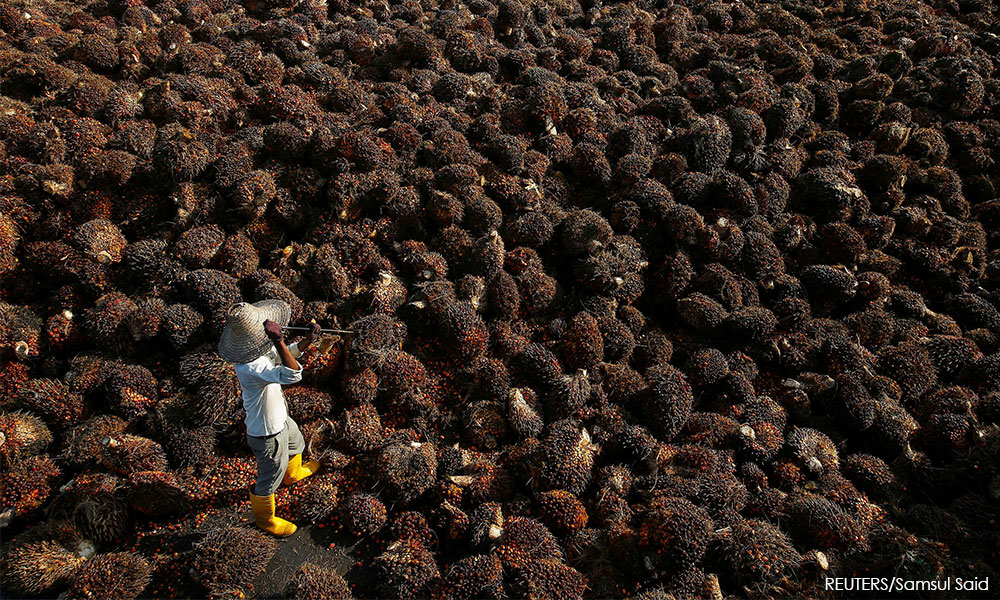Long before the “Kick Racism Out” campaign was launched by football authorities in England and went worldwide in 1997 and the recent “Black Lives Matter” movement in the United States, Malaysia (or Malaya at that time) was in the forefront of fighting and opposing racism with our first prime minister being the vanguard.
In 1950, the South African government by law, classified its citizens into one of four racial groups based on appearance, known ancestry, socioeconomic status, and cultural lifestyle: “black”, “white”, “coloured”, and “Indian”, the places of residence were determined by racial classification.
There was segregation – buses, trains and even toilets – for different classes of people. There were “white only” football and rugby leagues which the blacks and coloured could not participate. It was racism – at its highest.
The world tolerated such discrimination but things came to a head in March 1960 when the South African police killed 69 black protestors which became known worldwide as the “Sharpeville massacre”.
As in his struggle for freedom and independence from colonial masters, Tunku Abdul Rahman was committed to defending human rights principles to the hilt at all levels. Angered by the brutality, he sent a telegram to the then British prime minister Harold Macmillan to include apartheid on the agenda for the Conference of Commonwealth Prime Ministers to be held two months later.
The South African prime minister Hendrik Verwoerd avoided the conference, and sent his minister for external affairs to face the critics. There was criticism all around, but not until it became a republic that it was barred from continuing on as a member of the Commonwealth – to hostility from many members, primarily those in Asia led by Tunku, Africa and Canada, to its policy of racial apartheid.

The South African government withdrew its application to remain in the organisation as a republic when it became clear at the 1961 Commonwealth Prime Ministers' Conference that any such application would be rejected. Several countries including Malaysia broke diplomatic and trade relations.
For a good 32 years, South Africa was barred from trading with several countries; international sports bodies banned all links with that country which was forced to stay out of events like the Olympics and the World Cup. It was not until 1994 when South Africa came back in the international fold after its first multi-racial elections that year.
So much for history but fast forward to the present and our country. The racist war drums have been beating for some time now by local minnows, aided and abetted by racist politicians and chieftains who continue to make all kinds of statements bordering on racism with total disregard for decorum, values and morals. The raving and ranting are no longer done in private at closed-door events in the village or among a small group at tea stalls.
They want to be heard and take centre-stage on social media and despite warnings of action by the authorities, little has changed. There appears to be selective action – sometimes allowing such crazed gibbering to continue.
The personal rights and beliefs of a section of citizens have been impeded and trampled on with total disregard to what is stated in the Constitution. Instead, the clauses are interpreted to their own whim and fancy. Today, the country is at crossroads with each holding forth his or her own skewed views.
This has been recently exacerbated by the prime minister’s chest-thumping declaration to “fight secularism and liberalism”. Perhaps, he was addressing his flock and it could be dismissed as a trademark of most Malay parties which use race and religion to keep their flock together.
However, the Federal Constitution promulgated in 1957 and the 1963 Malaysia Agreement addresses secularism and guarantees freedom of religion in the country.
Many Malaysians may have dismissed his remarks as political rhetoric but DAP stalwart Lim Kit Siang made a point: Malaysians are entitled to know if his party now follows PAS in refusing to accord recognition to the secular principles in the Constitution.

The prime minister’s silence is deafening – not a word of comfort to those who are of the firm belief that this country was built on secularism and will continue to flourish on the same principle. Any form of deviation will be a recipe for disaster.
While some who have been conditioned by decades of brainwashing are keeping quiet, right-thinking Malaysians are entitled to worry – and worry big. If the current practices (which one Australian journalist described as “institutionalised racism”) are continued, there is a danger that the world community will treat us like how South Africa was treated in the past.
I don’t mean to frighten anyone but those who have read the volumes of despatches on Malaysia by foreign embassies based in Malaysia will conclude that some are building dossiers on local happenings. The documents in Wikileaks explain it all.
The outbursts in Puncak Alam, the “drink toddy order” by the Kedah menteri besar, the protests on the title of a film, the persecution of a book publisher and many more are not going unnoticed.
In between, we have little Napoleons dictating what time and where we should buy our favourite tipple and at what time we should imbibe them with “instant” rules and regulations which are affecting our daily life.
It is common knowledge that international NGOs are sending their “country reports” which may or may not give an accurate picture of what is happening in the country vis-à-vis the rights of individuals.
It was not too long ago – July – that the US banned the import of surgical gloves from two subsidiaries of Top Glove “based on reasonable evidence of forced labour in the manufacturing process”.
In October, US Customs and Border Protection (CBP) issued a “withhold release order” on palm oil and palm oil products from FGV after finding indications of forced labour in FGV’s production process.

Doesn’t this tell that such activities are being monitored and reported? Such reports cannot be dismissed as just “incidents involving the private sector”.
Malaysia also has an on-going dispute over palm oil and the decision of the European Parliament on the matter. It decided that Europe will proceed with phasing out palm oil-based biofuel by 2030 to curb the use of crops that cause deforestation in transportation fuel, over concerns that their production contributes to global carbon emissions and thus exacerbating climate change.
Does the government need to be reminded that the Sword of Damocles is hanging over producers and any ban will affect government revenue? This may be dismissed with replies of “we have oil” but what happens if Malaysia is done in the same way South Africa was treated in 1961?
Just like South Africa, we would be looked upon as a failed state and isolated. Do we need this label to be affixed on us?
R NADESWARAN is a veteran journalist. Comments: citizen.nades22@gmail.com. - Mkini
The views expressed here are those of the author/contributor and do not necessarily represent the views of MMKtT.




No comments:
Post a Comment
Note: Only a member of this blog may post a comment.